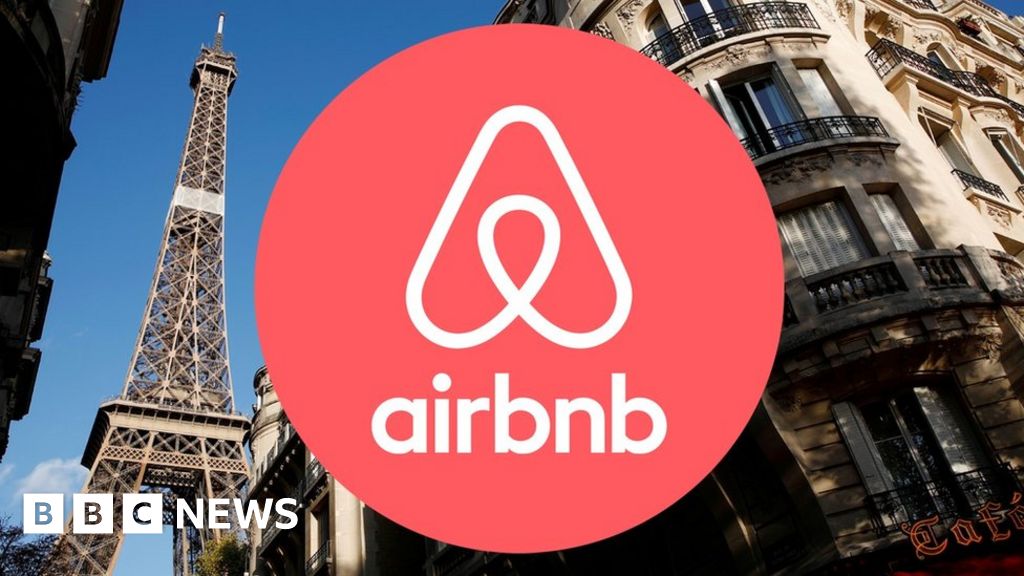Airbnb Is Not An Estate Agent, EU Court Rules

 Image copyright
Reuters
Image copyright
Reuters
The accommodation-booking service Airbnb does not need an estate agent's licence to operate in France, Europe's top court has ruled.
The French tourism association had complained that Airbnb did not comply with French property laws.
It means the app's users avoid a threat of disruption to its service in the country.
Had the court ruled the other way it would have served as a precedent for other EU regulators.
The Court of Justice of the European Union (CJEU)'s decision was based on its determination that Airbnb was an "information society service" rather than a property broker.
The judges involved also drew a distinction between Airbnb and Uber on the basis of how much control the property-booking app had over transactions on its service.
Airbnb said it would "move forward and continue working with cities".
What was the case about?
Airbnb is designed to let people rent out spare rooms or entire properties to holiday-makers on a short-term basis.
France's Association for Professional Tourism and Accommodation (AHTOP) complained that Airbnb was acting as an estate agency without a licence, breaching a local act known as the Hoguet Law.
Airbnb argued that it was protected by EU laws on "electronic commerce".
What did the court find?
The CJEU said it was satisfied that Airbnb was an "information society service" rather than an estate agent because:
- Airbnb's platform was not simply an "ancillary" or add-on service to a wider property business
- property owners were able to offer their homes for rent through other channels
- Airbnb did not set or cap the rent charged by home-owners
In addition, it said the French authorities had failed to inform the European Commission about the Hoguet Law at the time the EU directive on electronic commerce was being prepared.
It suggested France's "failure to fulfil its obligation" could be used as a defence in future court cases.
Why is Airbnb different to Uber?
In December 2017, the CJEU ruled that car-sharing company Uber was a taxi firm and not simply an "information society service".
The CJEU said the case against Airbnb was "unlike" the one made against Uber, because it could not establish that Airbnb had a "decisive influence" over the accommodation offered on its platform.
Airbnb does not determine the rental price charged for property, and lets customers choose which home to rent.
In contrast, Uber sets the fare for rides in its app, and assigns each passenger a driver.
From Chip War To Cloud War: The Next Frontier In Global Tech Competition
The global chip war, characterized by intense competition among nations and corporations for supremacy in semiconductor ... Read more
The High Stakes Of Tech Regulation: Security Risks And Market Dynamics
The influence of tech giants in the global economy continues to grow, raising crucial questions about how to balance sec... Read more
The Tyranny Of Instagram Interiors: Why It's Time To Break Free From Algorithm-Driven Aesthetics
Instagram has become a dominant force in shaping interior design trends, offering a seemingly endless stream of inspirat... Read more
The Data Crunch In AI: Strategies For Sustainability
Exploring solutions to the imminent exhaustion of internet data for AI training.As the artificial intelligence (AI) indu... Read more
Google Abandons Four-Year Effort To Remove Cookies From Chrome Browser
After four years of dedicated effort, Google has decided to abandon its plan to remove third-party cookies from its Chro... Read more
LinkedIn Embraces AI And Gamification To Drive User Engagement And Revenue
In an effort to tackle slowing revenue growth and enhance user engagement, LinkedIn is turning to artificial intelligenc... Read more

